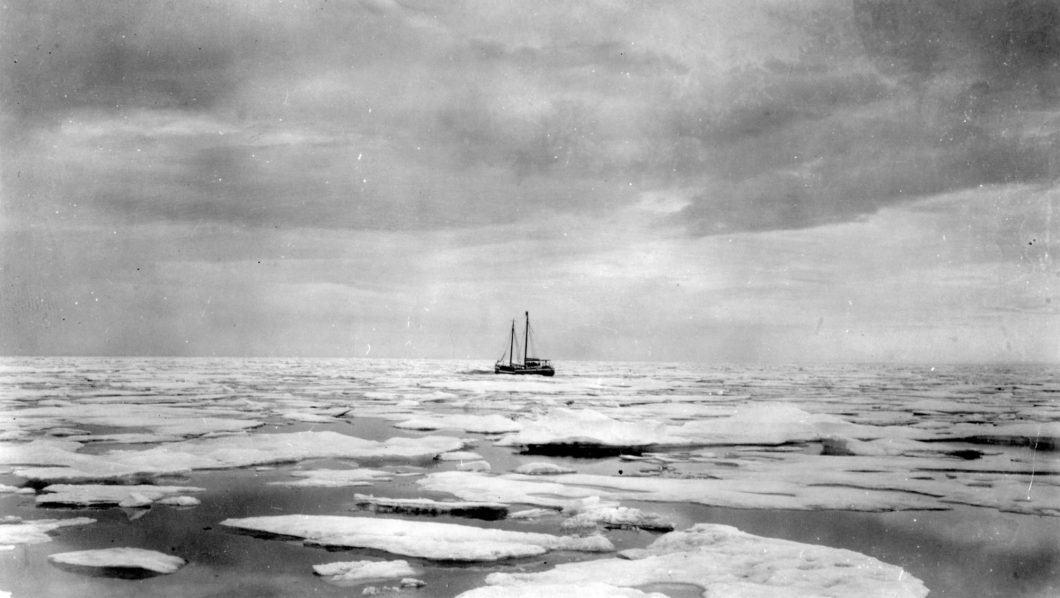“I thought of all the hidden spaces: the sewers, the closets,
the lightless stomachs and wombs. Warehouses where stock
sits silent, the dark interior of a Mickey Mouse costume, the
caves of hibernating bears. I imagined the great diffuse bland-
ness of these spaces, soft and dark like a concussion…”
—Alexandra Kleeman, You Too Can Have a Body Like Mine
Portland Review welcomes submissions of fiction, nonfiction, poetry, art, and mixed-genre works for its 2019 themed anthology, Unchartable: On Environmental Unknowns. It is the nature of the human mind to seek, to touch, to understand and occupy vast unknowable terrains, but which of our daily environments resist comprehension? From July 1st through September 30th, the Portland Review editors are looking for unknowable psychological landscapes, confounding emotional habitats, the shapeless environs of both speculation and perception, those territories where mind and body, physical and psychological, meet and cohabitate without reconciliation. We are seeking works that inhabit or wrestle with unchartable domains and the anomalies of the organic and the fabricated. Our editors and readers will readily consider climate fiction (cli-fi), eco-literature, nature poetry and art for publication, but we also encourage our submitters to think about the 2019 theme in terms of…
The Spatial. Ecological spaces can be local or global, micro or macro, each defined by different organisms, politics, histories, and cultures. We welcome work that examines and discovers environmental anomalies in the world, whether those spaces be planetary in scope or focused on a single location or relationship, physical or psychological.
Perspective. Climate change is often aligned with the end of the world, and the apocalypse in some ways becomes an anticipatory state. How might the end of ecosystems be related to time as a vantage point from which we observe and anticipate? Change is about disintegration and ruin, yes, but it is also about empathy and the relationships between individuals, communities, nonhumans, and nature.
The Unknown. Consider mystery, doubt, uncertainty, concealment, and the distinction between perceiving and knowing. How might “unknowing” familiar environments deepen and complicate your writing or art? Where can wondering, wandering, and crookedness bring a reader that the straight and well-lit road cannot?
For over sixty years, Portland Review has published the works of emerging writers and artists alongside the works of well-established authors. We warmly encourage previously unpublished writers and artists to submit, and we aim to support work by those often marginalized in the artistic conversation, including (though certainly not limited to) people of color, women, differently-abled people, LGBTQIA people, and people with intersectional identities.

